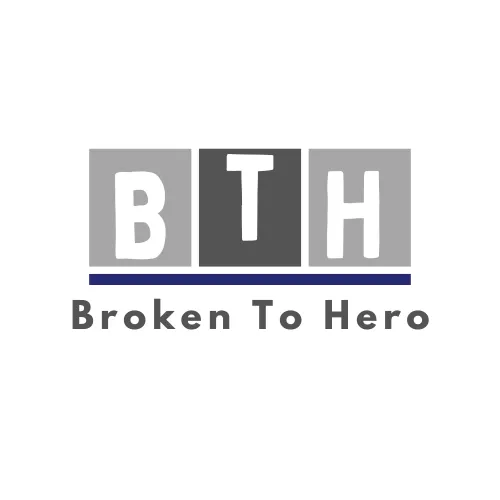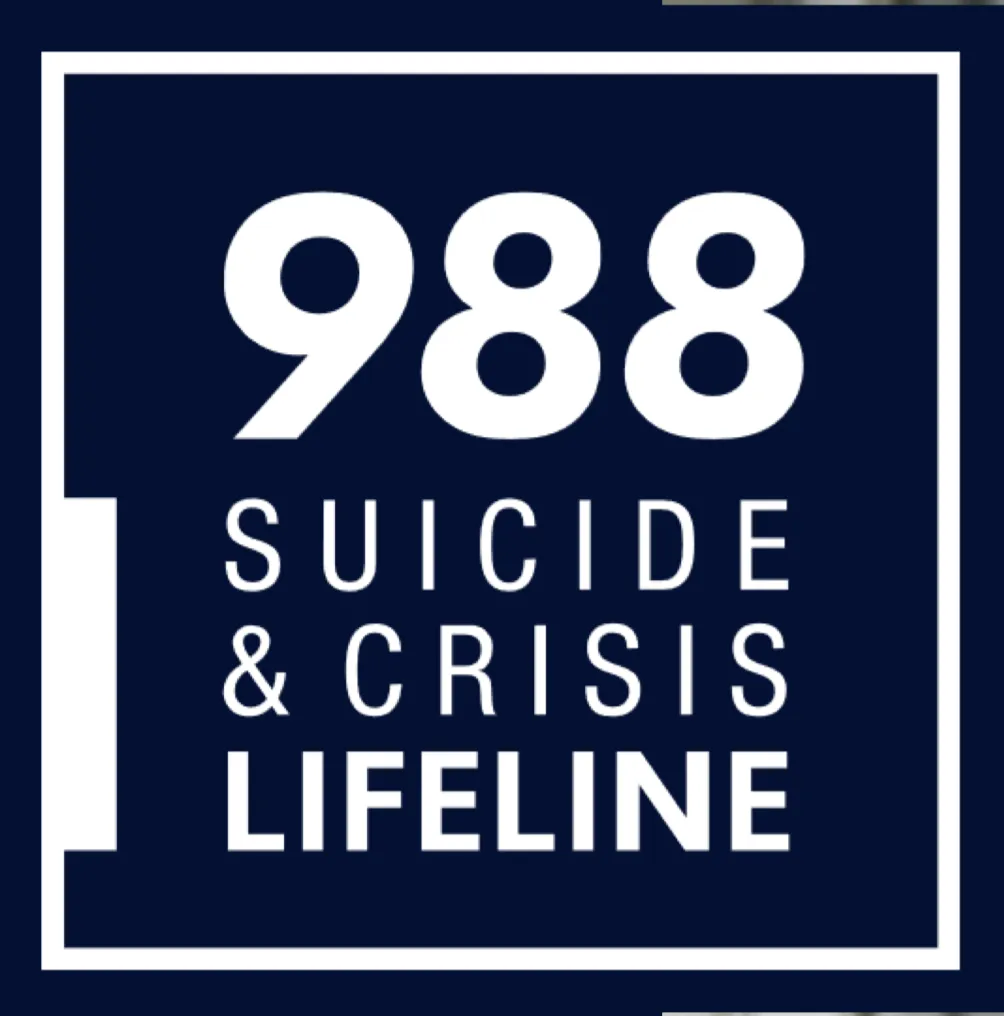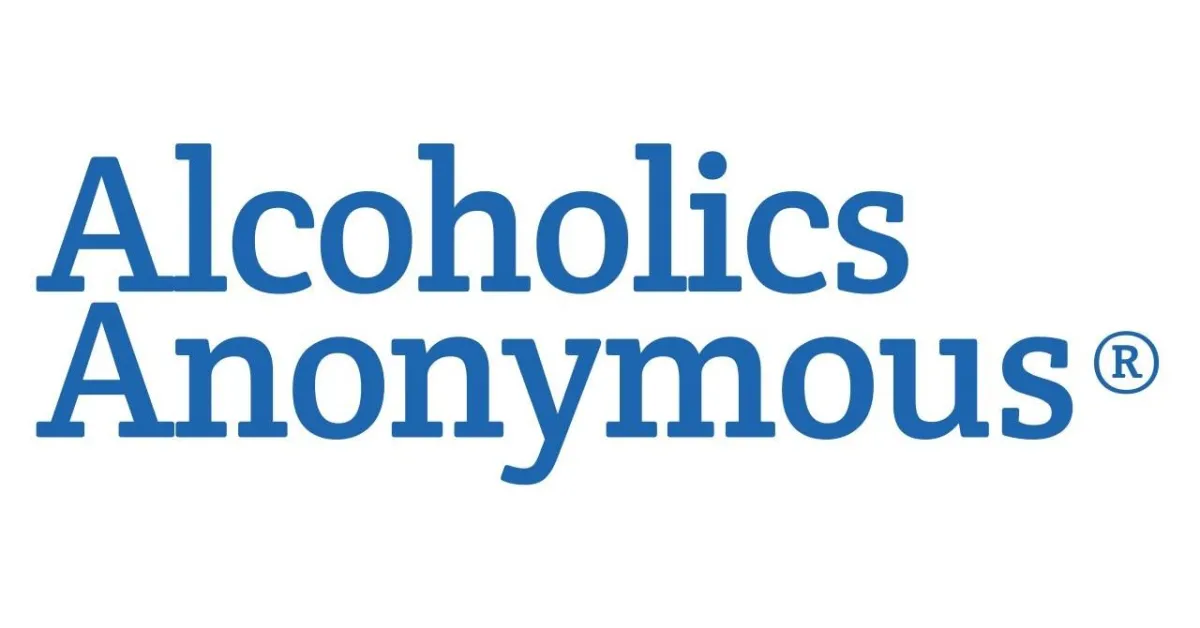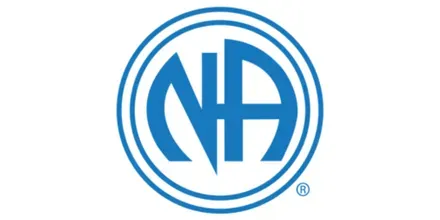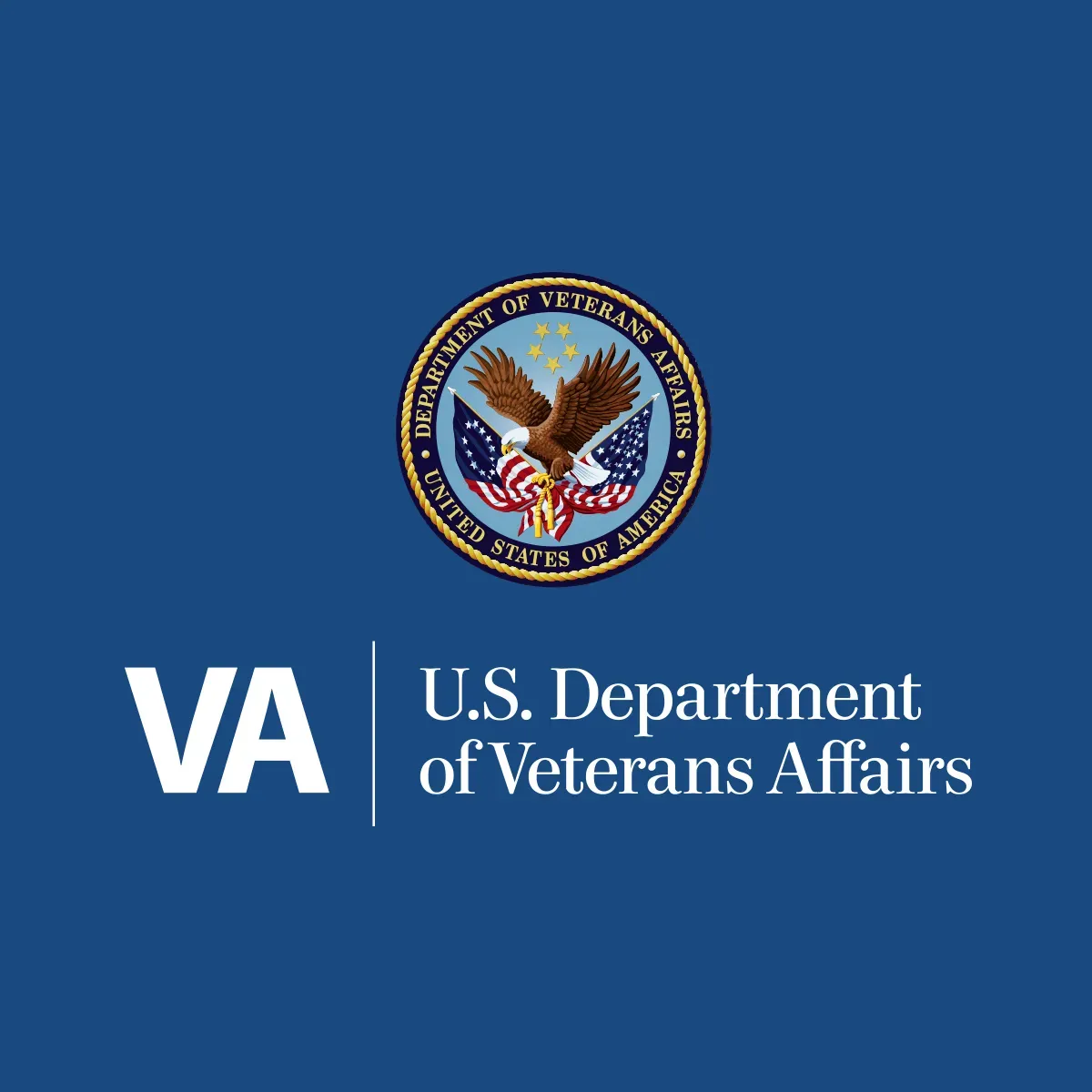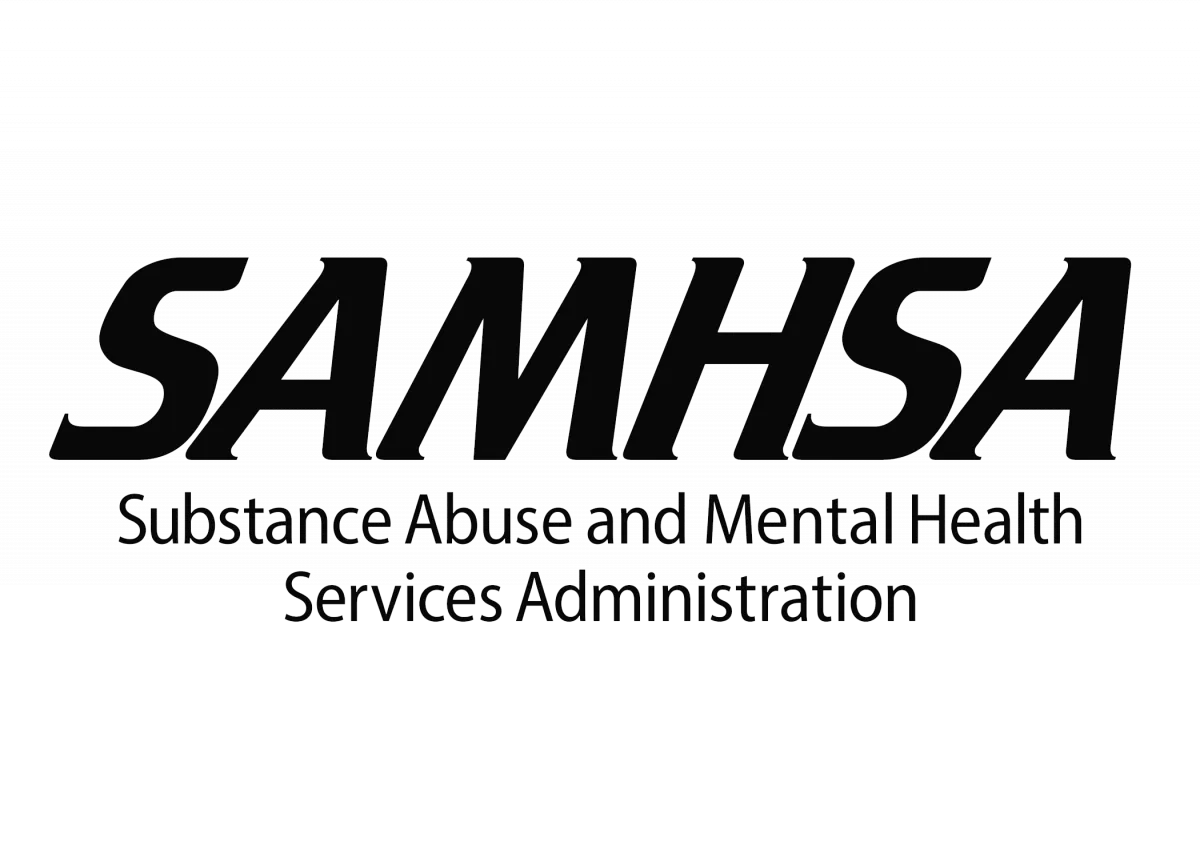FAQS
How does life coaching differ from therapy?
While both life coaching and therapy aim to support personal growth, they have distinct approaches. Therapy typically focuses on addressing past traumas, emotional healing, and diagnosing mental health conditions. On the other hand, life coaching is forward-focused, centered around setting and achieving goals, enhancing performance, and unlocking potential. If you're seeking to overcome specific challenges from your past, therapy might be more suitable. If you're looking to create a roadmap for personal or professional success, life coaching could be the right fit.
How often are coaching sessions conducted?
Coaching sessions frequency can vary based on your needs and preferences. Typically, we recommend starting with weekly sessions to establish momentum and make consistent progress. As you gain confidence and traction towards your goals, sessions might transition to bi-weekly or monthly. The flexibility of our approach ensures that the coaching frequency adapts to your evolving requirements, ensuring optimal support and accountability.
What if I'm unsure about my goals and direction?
It's completely normal to feel uncertain about your goals and direction. Our coaching process begins with an initial assessment where we'll work together to clarify your aspirations, values, and priorities. Through insightful questioning and exploration, we'll collaboratively uncover your passions and potential areas for growth. If you're not entirely sure about your goals, our coaching can help you gain clarity and chart a course that aligns with your authentic self. Remember, the journey towards clarity is an integral part of the coaching process itself.
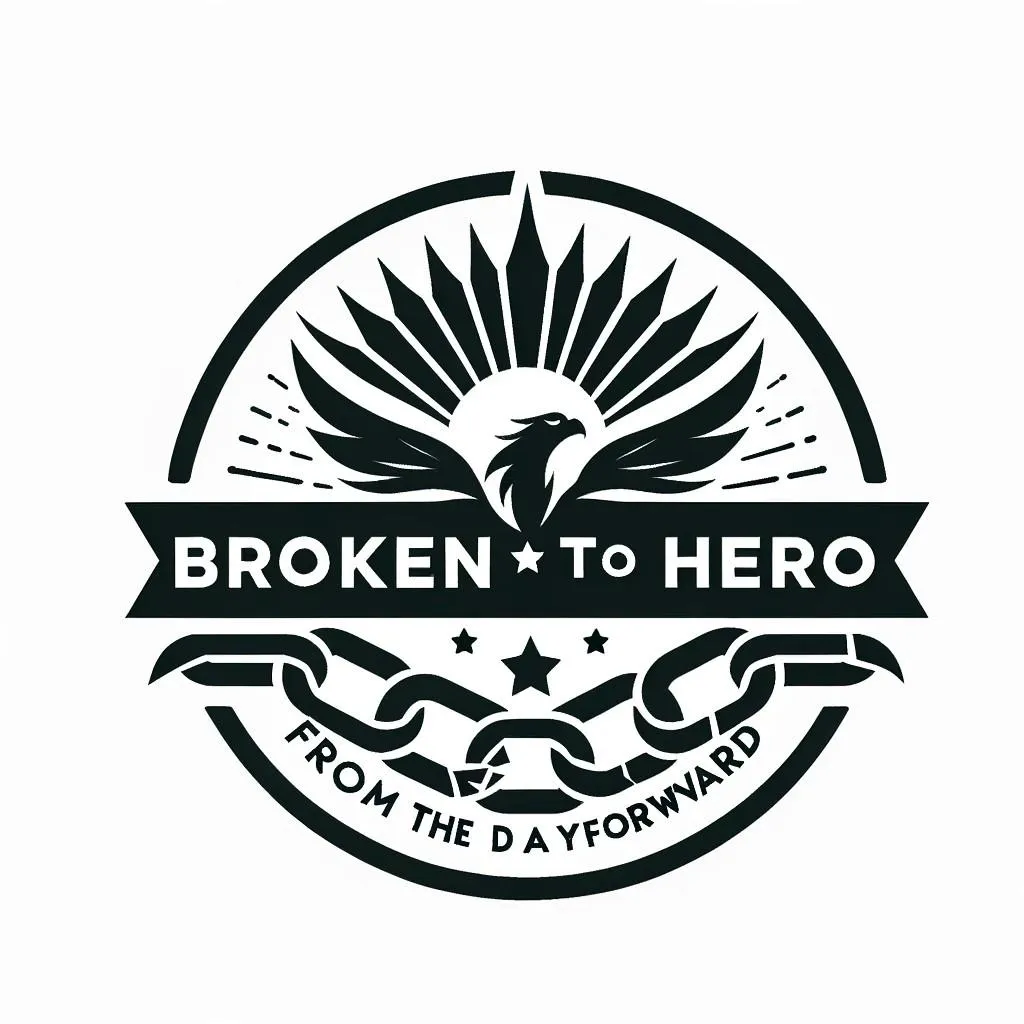

Process Addiction (Behavioral Addiction)
Process addiction, also known as behavioral addiction, is a condition characterized by the compulsive engagement in non-substance-related behaviors despite negative consequences. Unlike substance addiction, which involves the misuse of drugs or alcohol, process addiction revolves around activities such as gambling, eating, internet use, shopping, or sex. Individuals with process addiction experience a similar loss of control, tolerance, and withdrawal symptoms, as their brain's reward system becomes altered and dependent on the activity. This addiction can severely impact an individual's mental, physical, and social well-being, often requiring professional treatment to manage and overcome.
Symptoms
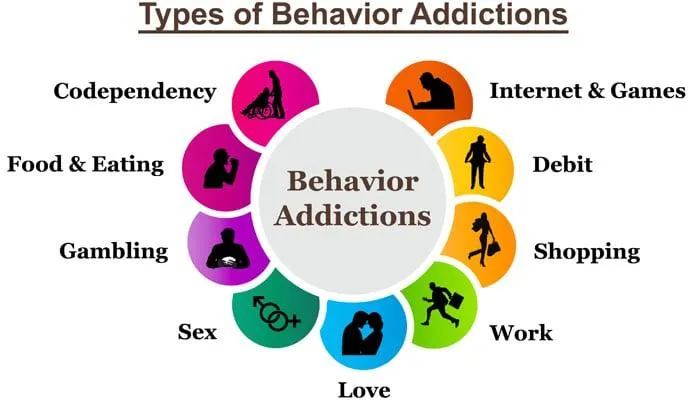
Symptoms of process addiction can vary depending on the specific behavior, but common indicators include:
1. Preoccupation: Constantly thinking about the behavior or planning the next opportunity to engage in it.
2. Loss of Control: Inability to reduce or stop the behavior despite repeated attempts.
3. Tolerance: Needing to engage in the behavior more frequently or intensely to achieve the same satisfaction or relief.
4. Withdrawal: Experiencing emotional or physical distress when unable to engage in the behavior.
5. Neglecting Responsibilities: Ignoring work, school, family, or social obligations due to the behavior.
6. Continued Engagement Despite Negative Consequences: Persisting in the behavior even when it causes problems in one's life, such as financial issues, relationship conflicts, or health problems.
7. Secrecy and Deception: Hiding the extent of the behavior from others and lying to cover it up.
8. Mood Changes: Experiencing mood swings, irritability, anxiety, or depression related to the behavior.
9. Relief from Stress: Using the behavior as a way to cope with stress, anxiety, or other negative emotions.
10. Escalation: The behavior intensifies over time, often becoming more frequent or risky.
Treatment Options

The best treatment options for process addiction typically involve a combination of therapies and support systems to address the underlying issues and promote sustainable recovery. Key treatment options include:
1. Cognitive Behavioral Therapy (CBT): This therapy helps individuals identify and change negative thought patterns and behaviors associated with their addiction and develop healthier coping strategies.
2. Dialectical Behavior Therapy (DBT): Particularly effective for those with co-occurring disorders, DBT combines cognitive-behavioral techniques with mindfulness practices to manage emotions and reduce self-destructive behaviors.
3. 12-Step Programs: Modeled after Alcoholics Anonymous (AA), programs like Gamblers Anonymous (GA) and Sex Addicts Anonymous (SAA) provide a structured, peer-supported approach to recovery through regular meetings and step-by-step guidance.
4. Motivational Interviewing (MI): This counseling approach helps individuals resolve ambivalence about their addiction and build motivation to change, fostering a commitment to recovery.
5. Group Therapy: Participating in group therapy sessions provides support, reduces isolation, and allows individuals to share experiences and learn from others facing similar challenges.
6. Individual Therapy: One-on-one sessions with a therapist offer personalized support, allowing for in-depth exploration of the addiction's roots and tailored treatment plans.
7. Medication: In some cases, medications may be prescribed to manage co-occurring mental health conditions such as depression or anxiety, which can exacerbate addictive behaviors.
8. Mindfulness and Stress Reduction Techniques: Practices such as meditation, yoga, and deep-breathing exercises can help manage stress and reduce the compulsion to engage in addictive behaviors.
9. Behavioral Modification: Techniques that focus on changing specific behaviors through reinforcement strategies, often combined with other therapeutic approaches.
10. Holistic Therapies: Integrative approaches that address the mind, body, and spirit, including nutritional counseling, exercise programs, and alternative therapies like acupuncture or art therapy.
Combining these treatments and customizing them to your needs can enhance the effectiveness of the recovery process and support long-term success in overcoming process addiction.
Available Help
988 Suicide and Crisis Lifeline We can all help prevent suicide. The 988 Lifeline provides 24/7, free and confidential support for people in distress, prevention and crisis resources for you or your loved ones, and best practices for professionals in the United States.
Find A.A. Near You This website does not contain a meeting finder. Contact one of the A.A. resources below for a meeting list in that location and the surrounding area.
The Online Intergroup of Alcoholics Anonymous, or OIAA, is an International service organization established in accordance with the Ninth Tradition of Alcoholics Anonymous A.A., specifically for the purpose of assisting online.
All of the efforts of Narcotics Anonymous are inspired by the primary purpose of our groups. Upon this common ground we stand committed.
Marijuana Anonymous is a simple program based on one addict helping another.
A simple, supportive approach to mental health care. Find a therapist who fits your needs and takes your insurance.
The United States Department of Veterans Affairs is a Cabinet-level executive branch department of the federal government charged with providing lifelong healthcare services to eligible military veterans at the 170 VA medical centers and outpatient clinics located throughout the country.
NAMI is the National Alliance on Mental Illness, the nation’s largest grassroots mental health organization dedicated to building better lives for the millions of Americans affected by mental illness.
If you or someone you know has a mental illness, is struggling emotionally, or has concerns about their mental health, there are ways to get help.
The Substance Abuse and Mental Health Services Administration (SAMHSA) is the agency within the U.S. Department of Health and Human Services (HHS) that leads public health efforts to advance the behavioral health of the nation and to improve the lives of individuals living with mental and substance use disorders, and their families.
The National Network of Depression Centers (NNDC) develops and fosters connections among members to use the power of our network to advance scientific discovery, and to provide stigma free, evidence-based care to patients with depressive and bipolar illnesses.
